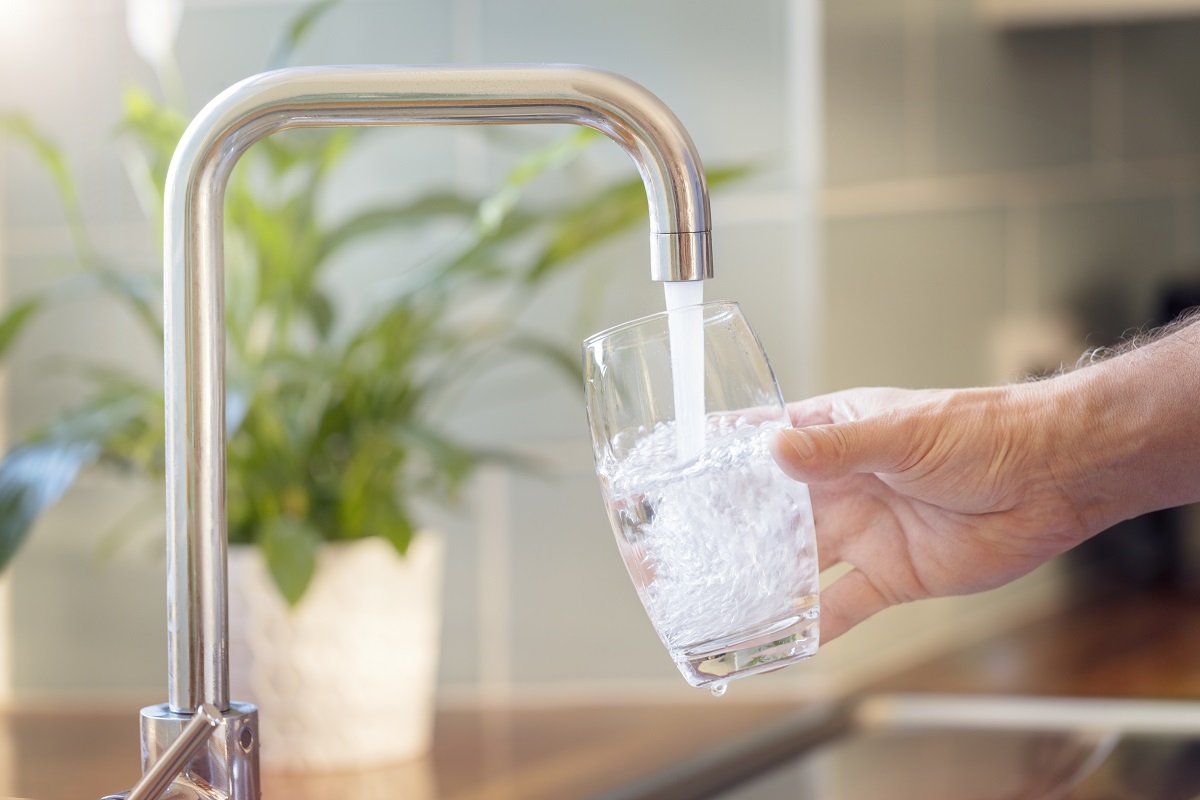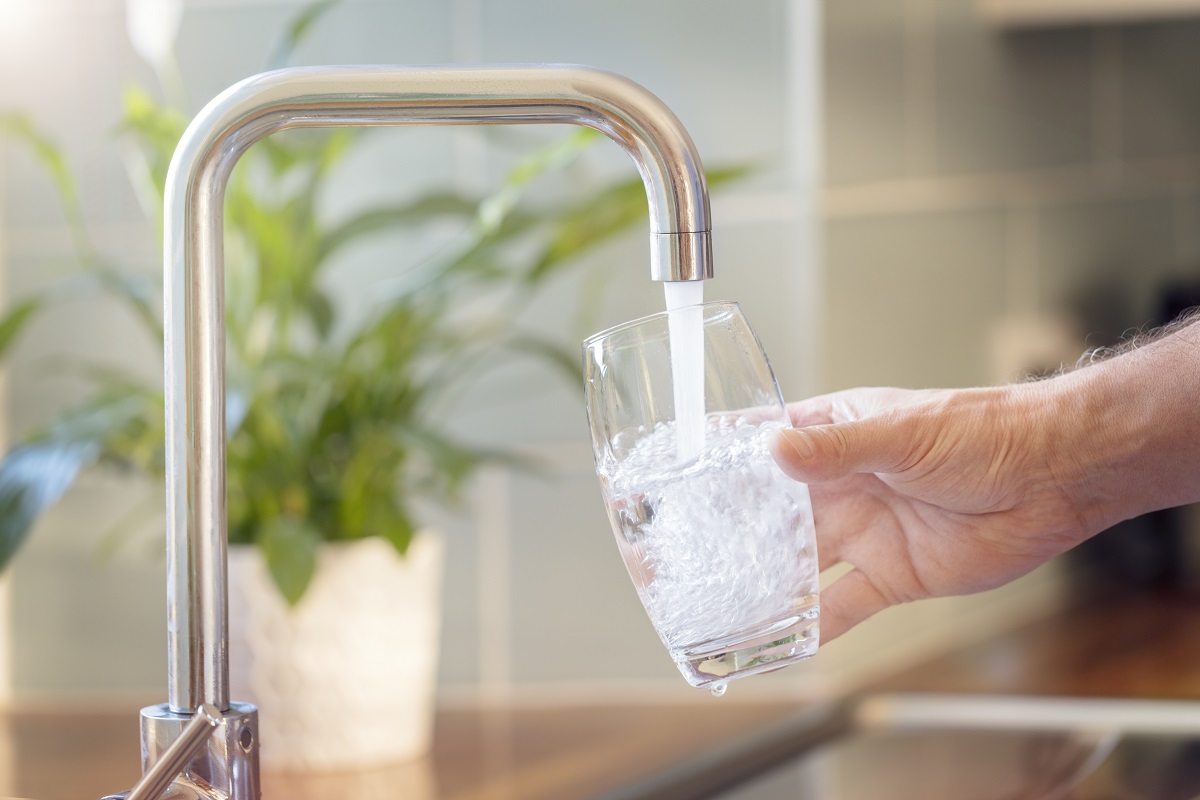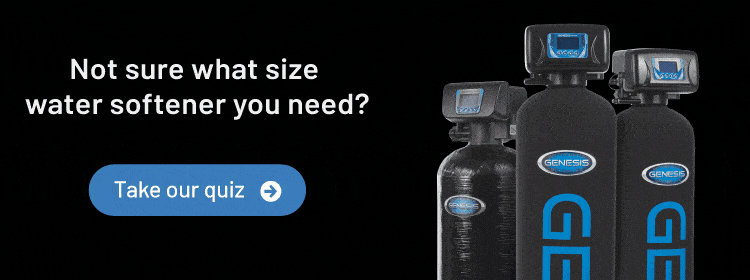Is It Safe to Drink Tap Water?
Posted by Discount Water Softeners on Aug 13th 2021
Are you one of the 60 million Americans who don’t drink water straight from the tap? News reports of water quality violations can cause you to think twice about where you get your water from, and whether it’s safe for your family. The smell, taste, or appearance of water may also lead to distrust of your water supply. How can we change the water in our homes to make it safer and more appealing— so that the next time we’re thirsty, we head straight to the faucet?

Our Water Sources
It’s understandable if you’ve been avoiding water from the tap because you’re unsure of its safety. According to a report by the Natural Resources Defense Council, while 85% of tap water in the United States is safe to drink, there are water systems in all 50 states that violate the EPA’s (Environmental Protection Agency) Safe Drinking Water Act. Additionally, 15% of homes may have dangerously contaminated water, and the most at-risk for contaminated water systems are those in small rural areas.
With this kind of information at our disposal, it’s no surprise that water is now the number one bottled drink in the United States. But it may surprise you to know that almost half of the bottled water that Americans are drinking is simply purified US tap water. Furthermore, extensive testing by the EWG (Environmental Working Group) has revealed that bottled water is not safer than our tap water.
Most tap water quality provided by local municipalities in the US is of high international standard, and will be healthy and safe for you to drink. The problem is, we’re still not sure of what the impact of nitrates, lead, microplastics, organic contaminants, and pesticides is in the long term. Therefore, when it comes to drinking water, fewer and fewer Americans have the confidence to turn on the tap. If you really want to know what’s in your water, your city’s water quality report or a home water test kit will give you the answers you need.
Affordable Protection
We’d all like the reassurance that we’re drinking the healthiest water possible. So, what do you do if something is wrong with your home’s H2O? When tap water samples are contaminated with industrial chemicals, lead, arsenic, and other contaminants, the best insurance you can give yourself is to arm your home with a reliable water filtration device.
There are various types of water filters, but all are devices that contain one or more filtration media to reduce the number of contaminants in water. If you want the purest filtered drinking water available, you may want to consider a point-of-use option like a reverse osmosis system. Reverse osmosis, or RO, is a water purification technology that utilizes a semi-permeable membrane to remove microscopic particles from drinking water. This type of device can easily be installed under your sink, providing gallons of fresh drinking water each day, and without taking up a lot of space.
Reverse osmosis drinking water systems separate water molecules from other molecules by forcing the water through a semi-permeable membrane. RO systems include several stages of filtration, each of which play a part in ensuring the resulting water is of the highest quality before it touches your glass. The tiny pores of an RO membrane effectively remove a much wider range of contaminants than carbon filtration or other filtration technology alone. In fact, it will separate 95-98% of inorganic dissolved material from a water molecule. Reverse osmosis is the most effective method for removing chemicals, arsenic, lead, VOCs, bacteria, viruses, and other harder to detect toxins that can be harmful to your health. Reverse osmosis will also improve the taste, smell, and appearance of your home’s water.
Making Water Great Again
If your water supply is derived from a municipal water system, the water has been tested and treated for safety. But occasionally, this water is not as safe as it should be for human consumption, and a lot can happen between water treatment and your faucet, introducing pollutants into your home’s drinking water. And if you use well water, your supply is at even greater risk of contamination from chemicals and toxins. A water test can determine what’s in your tap water, and guide you toward the system that will purify your home’s particular needs.
Regardless of the type of drinking water filtration you choose, it’s important to make sure it’s certified by a trusted third-party to remove contaminants. NSF, the National Sanitation Foundation, is a third-party, nonprofit organization that develops standards for, and certifies goods, including clean water, food, and consumer products. Their goal is to help you to identify which products are up to standard, and which aren’t.
Public distrust of tap water in the U.S. has caused many of us to reach for bottled water or sugary drinks that increase the risk of cavities, obesity, and cardiometabolic diseases. Relying on water alternatives like bottled water is much more expensive than drinking tap water. If you want to be sure that the water from your tap is 100% safe, a reverse osmosis treatment system offers a bevy of health benefits that make it a worthy investment.


